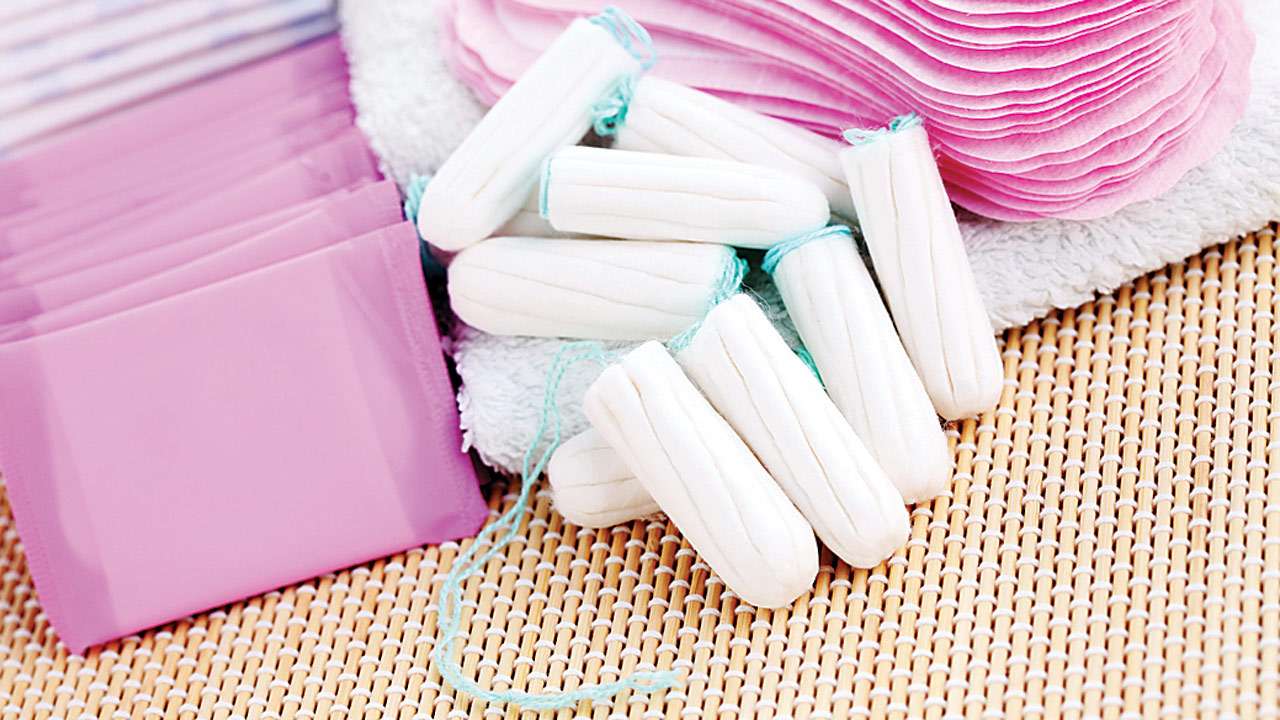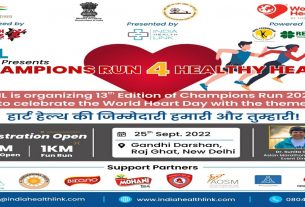The Bombay high court on Friday directed the central government to respond to public interest litigation (PIL) seeking an order to declare sanitary napkins as an essential commodity and start its distribution through the public distribution system, along with other essential commodities.
A division bench of chief justice Dipankar Datta and justice KK Tated has now posted the PIL jointly filed by law graduate Nikita Gore, who is working as a research assistant at Aurangabad bench of the high court, and law student Vaishnavi Gholave.
In the PIL filed through advocate Vinod Sangvikar, they have highlighted the plight of thousands of women and adolescent girls travelling with migrant labourers amidst the nationwide lockdown imposed to contain the spread of Covid-19.
In this regard, the PIL states that care is being taken for making all other provisions for travelling migrant labourers, but there is complete neglect on this specific need of menstruating women.
Highlighting the need of easy access to sanitary napkins, the PIL states that hygienic menstrual absorbents help adolescent girls and women to manage menstruation effectively, safely, comfortably and fearlessly. The freedom from the fear of leakage or unpleasant odour increase their ability to be at school or at the workplace during menstruation.
Women cannot predict when menstruation will start, therefore there should be easy availability and supply of sanitary pads and clothes at family level as well as schools and workplaces, it states further.
It added that for hygienic and proper menstruation management a system is evolved which consists of easy access to hygienic absorbents, availability of the facility for cleaning and disposal of used absorbents or waste with privacy and dignity.
The petitioners have asserted that sanitary napkins are essential requirement of every woman and women have the right to get them at a cheaper rate as on an average, every woman spends about 3,000 days of her life menstruating and lack of cleanliness during this period may lead to infections.
Therefore, they have also sought proper implementation of the national guidelines for menstrual hygiene management issued in 2015 by Union ministry of drinking water and sanitation.




